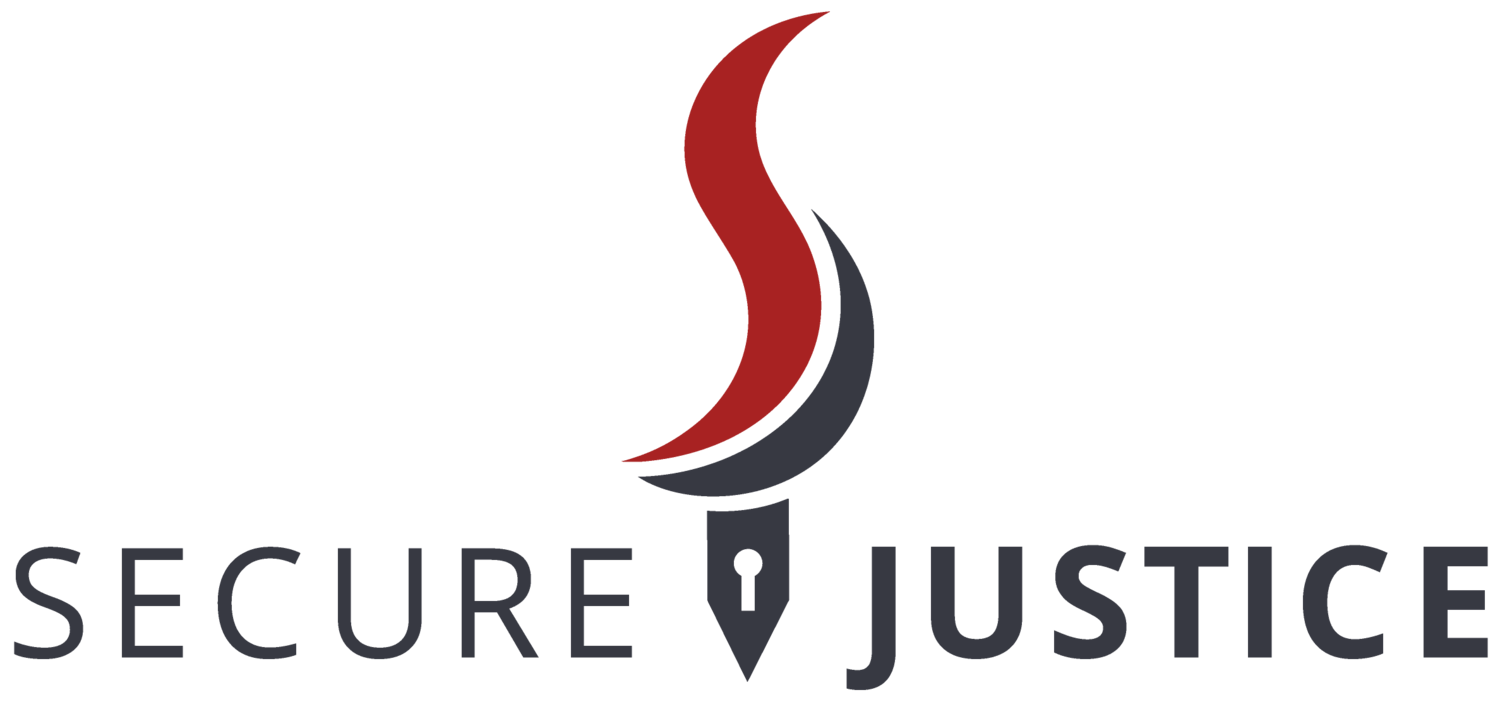First-in-the-nation surveillance tech bans
On December 15, 2020, the Oakland City Council unanimously adopted a number of recommended amendments to its existing surveillance technology ordinance, including first-in-the-nation prohibitions on the city’s use of predictive policing analytics and biometric surveillance technologies. The bans were supported by a large coalition of racial justice, immigrants’ rights and civil liberties organizations. The bans became effective on January 12, 2021.
The amendments were sponsored by the City of Oakland’s Privacy Advisory Commission (“PAC”), which features on its roster Executive Director Brian Hofer and advisory member Heather Patterson. Along with Commissioners Gage and De La Cruz, Hofer and Patterson spearheaded the bans and various other groundbreaking amendments, including becoming the first jurisdiction under this model to expressly track race in the annual reporting obligations.
"Oakland's history of racial and social justice movements like the Black Panthers and Occupy is also accompanied by a history of racial profiling, infiltration by law enforcement, and use of surveillance techniques to target and disrupt those advocating for human rights," said Cat Brooks, Executive Director, Justice Teams Network. "With a police department heading into its eighteenth year of federal oversight due to systemic racism, allowing the use of "dirty data" to train an algorithm to predict crime would be a disaster. The Oakland City Council made the right decision to ban these technologies that will only cement into place and potentially accelerate racial bias.”
The dangers inherent in the use of predictive analytics are not known solely to privacy activists and civil liberties groups. As referenced in the coalition letter supporting these bans, over 1,500 American mathematicians and researchers have joined a growing movement that has pledged to sever ties with law enforcement’s use of predictive analytics.
It was partly due to the structural racism present in American law enforcement that the PAC recommended that Oakland ban the use of predictive analytics due to the “feedback loop” phenomenon: based on past data which was likely collected in a disproportionate manner as certain communities are policed more than others and certain crimes enforced more than others, a computer algorithm directs police back to the very same community being over-policed because “that’s where the crime is occurring.” Then the “new” data is combined with the old, thereby causing the algorithm to rate that same area or individual as an even higher risk because that is what the collected data supports. Predictive analytics thereby serve to cement or even accelerate existing biases and disproportionately impact marginalized communities that have long suffered from police brutality.
(an example of an interface a police officer might use to “predict” crime)
(screenshots taken from Forensic Logic’s LEAP manual)
“We thank the Oakland City Council for their unanimous vote to protect our dignity and privacy through banning predictive policing and biometric surveillance technology,” said Sameena Usman, Government Relations Coordinator for CAIR-SFBA, and a Secure Justice board member. “Not only are these methods intrusive and don’t work, they also have a disproportionate impact on Black and brown communities – leading to over policing.”
"In a year of unprecedented civic participation and civil unrest, we are moved to see Oakland’s City Council take this groundbreaking step advancing public safety and protecting civil liberties. Predictive policing and biometric surveillance technologies have a harmfully disparate impact against people of color, immigrants, and other vulnerable populations, as well as a chilling effect on our fundamental First Amendment freedoms,” said Nathan Sheard, Associate Director of Community Organizing, Electronic Frontier Foundation.
Unlike the heightened standard for approval and use adopted by the city of Santz Cruz in June 2020, the language adopted by Oakland strictly prohibits the use of these two categories of surveillance technology. Just two days after Oakland’s groundbreaking decision, the City of New Orleans joined the movement with four banned technologies of their own: predictive policing analytics, cell-site simulators (cellphone trackers), face recognition, and characteristic tracking analytics.
Secure Justice had been in discussions with Eye on Surveillance and other local stakeholders over the course of the past two years, and after having been told that the various reform efforts we discussed were not going to move forward, we were happily surprised when we heard the good news that their years-long advocacy had worked to convince the City Council to enact such measures.
On June 25, 2019, the United Nations Special Rapporteur David Kaye released a report on surveillance technology, calling for a worldwide moratorium on invasive technology like facial recognition software. “Surveillance tools can interfere with human rights, from the right to privacy and freedom of expression to rights of association and assembly, religious belief, non-discrimination, and public participation,” the Special Rapporteur said in statement. “And yet they are not subject to any effective global or national control.”
A March 2019 David Binder Research poll conducted for the ACLU revealed that over 82% of likely California statewide voters, and 79% of likely Bay Area voters, oppose the government using biometric information to monitor and track who we are, and where we go, demonstrating that the discomfort with these technologies is not constrained to activists.
Justification for the bans was stated in the coalition support letter:
“We applaud the Oakland City Council for taking meaningful measures to protect targeted communities and defend human rights,” said Brian Hofer, Chair of the Privacy Advisory Commission and Executive Director of Secure Justice.. “By becoming the first municipality in the country to expressly track race in the annual reports, and to prohibit the city’s use of creepy surveillance technologies that have proven to have a disparate impact and to be harmful to human rights, Oakland continues to remain the gold standard in this space.”
If you would like to support our work, please make a financial contribution here:









